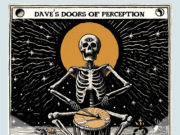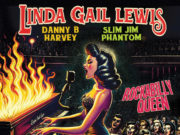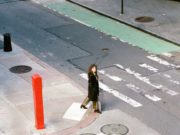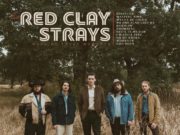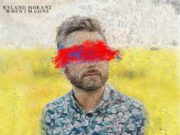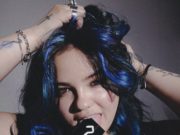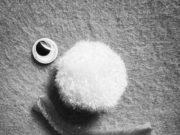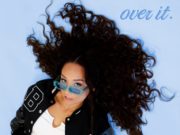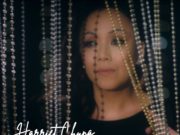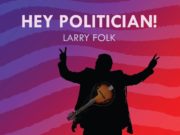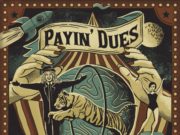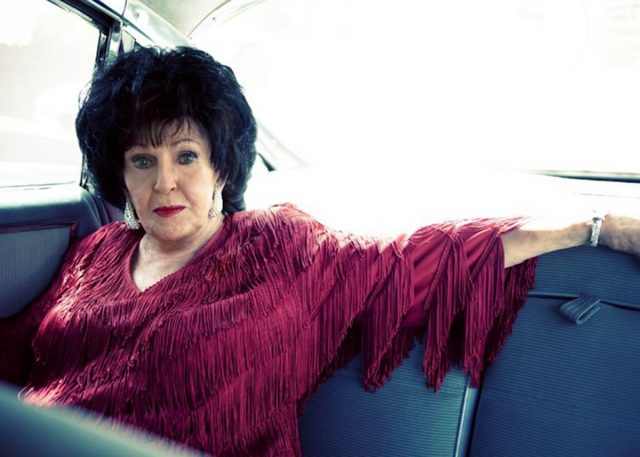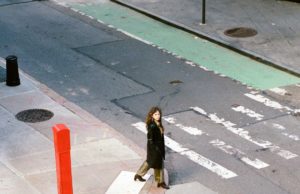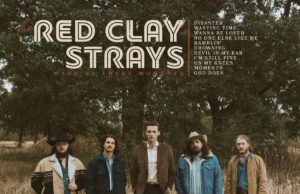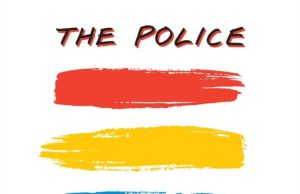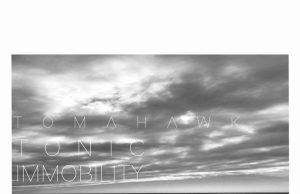Rockabilly queen Wanda Jackson announced her retirement from performing earlier this week. At age 81, after more than 60 years on the road, I figure she’s earned a break from the endless road — and the endless flights back and forth to Europe, which had been her main market for decades. I was lucky enough to interview her in 2011, when she was promoting her Jack White-produced album The Party Ain’t Over. Here’s what she had to say (with some minor editing):
It’s good to be the queen. “I’ve just lived a Cinderella life,” marvels rockabilly pioneer Wanda Jackson. “I’m grateful for everything I have. I’ve been able to make a very good living. I’ve had so many good people around me. And it’s all been fun. When you get to be my age, if you can look back and say it was fun, well, I think that’s success.”
For Jackson, the fun started back in the ’50s, when the teenage belter got her start alongside other rock ’n’ roll trailblazers like Jerry Lee Lewis, Gene Vincent and Elvis Presley (whom she briefly dated). While she never achieved the household-name fame of her male peers, raucous singles like Let’s Have a Party, Fujiyama Mama (“I’m just about to blow my top!”), Honey Bop and Mean, Mean Man earned her the title Queen of Rockabilly, along with a place in the Rock and Roll Hall of Fame — while her sexy, growling vocals and hip-shaking fringe dresses pegged her as music’s first bad girl.
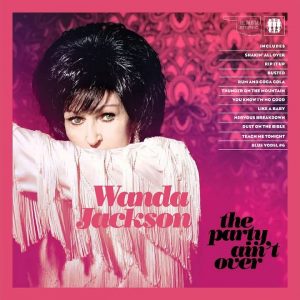 Half a century later, Jackson is the belle of the ball again, thanks to her latest suitor: Jack White. As he did with Loretta Lynn a few years earlier, the White Stripes singer-guitarist has taken Jackson under his wing and into the studio for her latest album, aptly titled The Party Ain’t Over. Produced by White, who also handles lead guitar duties, the raw, energized affair honours her rockabilly roots while updating her sound and repertoire with tunes by the likes of Bob Dylan and Amy Winehouse.
Half a century later, Jackson is the belle of the ball again, thanks to her latest suitor: Jack White. As he did with Loretta Lynn a few years earlier, the White Stripes singer-guitarist has taken Jackson under his wing and into the studio for her latest album, aptly titled The Party Ain’t Over. Produced by White, who also handles lead guitar duties, the raw, energized affair honours her rockabilly roots while updating her sound and repertoire with tunes by the likes of Bob Dylan and Amy Winehouse.
As she and White head out to promote the release with a handful of performances — including an appearance on The Late Show with David Letterman (below) — the Oklahoma City resident weighed in on being a feminist icon, reconnecting with her inner teen and blowing her stack at Jack.
Between the Rock and Roll Hall of Fame induction in 2009 and teaming up with Jack White, it’s been an eventful couple of years for you. How does it feel?
Well, I’m not sure it’s really all soaked in yet. It’s very exciting. My head’s kind of whirling around. After the Rock and Roll Hall of Fame, I figured it would slow back down to normal speed. But then Jack called and offered to do an album and a single. So I just said, ‘Here we go again.’ (Laughs) And I just fastened my seat belt and tried to hang on.
I hear you were reluctant to work with him at first.
There was nothing personal about it — it was just that I knew he was a rock singer. And I don’t want to sing contemporary rock ’n’ roll, which for the most part I don’t like. But I found out he wasn’t trying to change my style. He just wanted to give me a fresher sound with some different songs. So once I got my head around that, I thought it would be really great. But then, of course, the first song he sent me was Amy Winehouse’s You Know I’m No Good. And I really kicked against the pricks over that, to use Bible terminology. I said, ‘No! I can’t do this. It’s too explicit. I’m not going to sing it.’ So he rewrote it and softened it up before I would do it.
Did he push you out of your comfort zone in other ways?
Yes. I’m not used to being directed in the studio. When you get to my status, I guess, nobody wants to tell you how to do it. But Jack pushed me to put more guts or attitude into things. Like with that Amy Winehouse song. I didn’t even learn the melody because I did not want to record it. I thought if I didn’t know it I could keep postponing it. But no. That was the second song we did. And he pushed me to get the performance he wanted. It took me a while to figure out that he wanted the grit and attitude that the 18-year-old me had singing Fujiyama Mama.
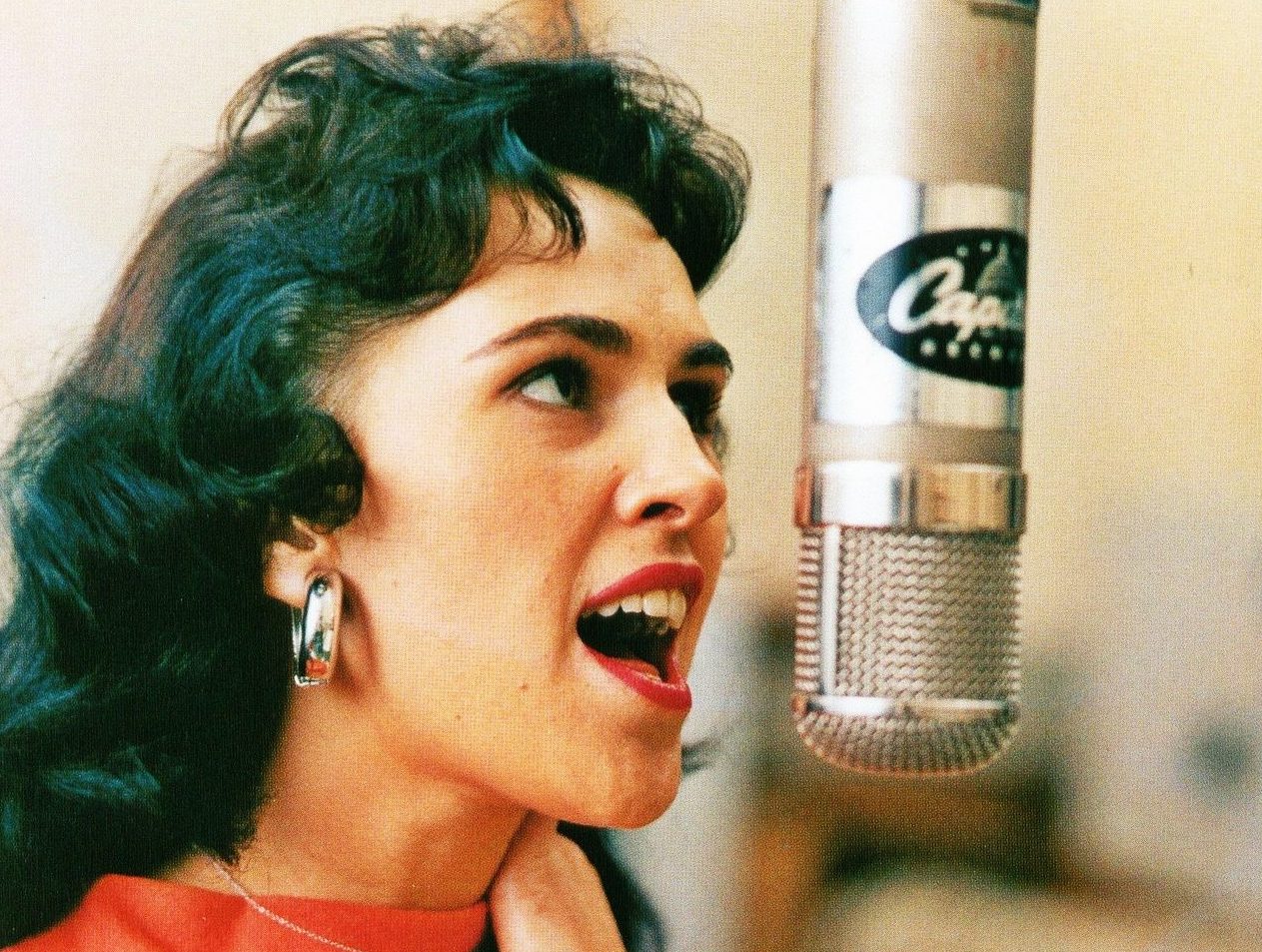
Were you able to reconnect with your teenage self?
I did eventually. She was still in there laying dormant. And now I’m pushing a little harder in other songs I do onstage. So it’s helped me a lot. I ended up enjoying being directed by Jack.
Talking about when you were 18, was it tough to be a young woman in music back then?
It was. But you know, I was fearless. I knew I could sing it just the way Elvis told me I could. My big problem was that I couldn’t get airplay. Disc jockeys said we were playing the devil’s music and all that. But they finally had to accept Elvis and Jerry Lee and the ones that came after because that’s what people were demanding. But they sure weren’t going to help a teenage girl with fringe dresses. I had to put a country song on one side of my singles and a rock song on the other, because if I got any airplay at all, it was on the country side.
How do you feel now about being a feminist icon — the original bad girl?
Well, the songs might suggest that. But really, fans have just conjured it up in their minds. I’m not that way in person. I enjoy the bad-girl image they have of me, but I don’t go along with it. I’m not going to tell you, ‘Oh yeah, I was a ball of fire!’ I can’t lie about that. But if that’s how people want to think of me, that’s all right. I’m glad all this has come along. Of course, it’s come along later in my life than I might have anticipated. But better late than never.


